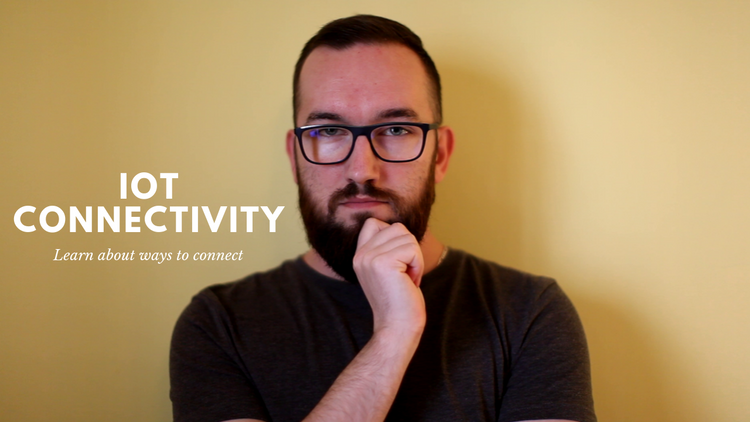State of the Internet of Things
What is IoT?
IoT or Internet of Things is a broad term, which was coined over a decade ago by Kevin Ashton.
It's a term used to describe physical items (home appliances, trash bins, street lights, industrial robots) that connect to the internet and use big data and cloud computing to make themselves smart.
Current state
I'd say that at present IoT is at an embryonic proof-of-concept stage. There are some attempts to implement IoT solutions by making cities more connected through building "smart offices", yet it will take a few more years until this goes mainstream. As such, it's a perfect time to get into the market with your product to become one of the first companies there.
Areas
The common question is
"Where does IoT apply?"
and the answer is, well...
"Everywhere".
- Smart Waste Management - intelligently designed routes for garbage truck based on data from connected garbage containers.
- Smart Lightning - LED lights that are off when there's no movement.
- Smart Parking - real-time parking with green/red indicators and smart signage.
- Smart Water - detection of leaks to avoid loss of water, avoiding river flooding etc.
- Smart Environment - gas, pollution and noise detections, earthquake monitoring.
- Agriculture - irrigation based on soil moisture and current weather, weeds detection.
- Connected cars - OBD II monitoring for insurance companies, pay-as-you-drive solutions etc.
Issues
The main problem right now is connectivity. There are many technologies to connect sensors with the cloud (6LoWPAN, ZigBee and LoRaWAN, to name a few) that are not compatible with each other. And these are only for connecting sensors; we also need to use some gateway with 3G/4G/Wi-Fi networks to send data to the cloud.
Keeping in mind that sensors might be placed in isolated areas, there's a need to keep them working on batteries for a long time, so all communication must be done via low-power protocols.
There's also the matter of unified communication protocols. There are CoAP, MQTT, DDS and even XMPP, and it all depends on the use case. Fortunately, MQTT is the de facto standard for most cases and it's quite safe to assume that IoT-oriented companies will stick with it.
Threats
The biggest two are privacy and security..
The first is strictly connected to the latter. If there are serious security issues - and there will be, because right now many IoT systems are not designed with proper security in mind - massive private data leaks will happen. Indeed, security should be the foundation when thinking about the IoT.
Another thing with privacy is - how will these incredibly huge amounts of data be used? With machine learning and technology cheaper than ever, because of the cloud and computing power we are already able to find patterns in our data. It's both good and bad - good because it may help us to find ways to optimize how our cities are functioning and save us a lot of resources and money, but if there will be data about citizens that fall into the wrong hands, we may be facing the biggest incident with private data leakage in human history.
The key here is to keep data as anonymized as possible, even at the cost of the impossibility of analysis.
Opportunities
This is a chance to build many businesses around the Internet of Things.
There are not many companies that have the competencies, skills and expertise to work with connected hardware, so there's space for many.
And then there's the need for software developers that will need to build everything around hardware - firmware, mobile apps to manage and monitor it, and advanced systems for data processing and analyzing.
What is the future of IoT?
It's all on us, people. Many of Internet of Things solutions will look suspicious and dangerous at the beginning, but we need to embrace these challenges to help our cities grow larger in a safe way. To protect our planet and avoid wasting resources (not everything is renewable, remember) we will need to monitor many aspects of our lives starting with food, moving on to transportation, before ending with waste management.
Inspired?
If you're looking for an agency to build an IoT-enabled product for you, don't hesitate to contact me
